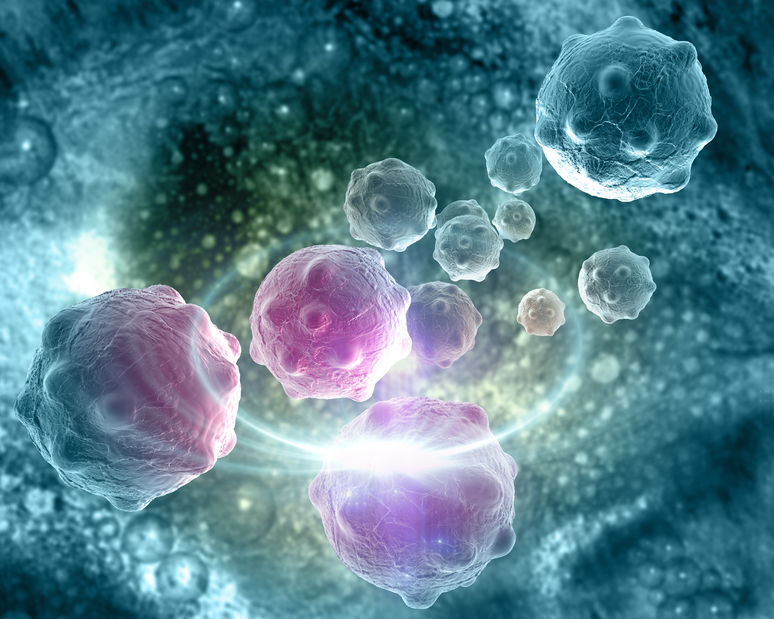
Sugar replacement slows cancer growth
Researchers at Cancer UK have slowed down tumour growth by simply feeding mice that carry human tumour xenografts with mannose instead of glucose.
Feeding mannose either alone or alongside chemotherapy through a feeding tube three times a week and continuously via their drinking water was well-tolerated and appeared to reduce tumour growth both alone and in combination with doxorubicin. The researchers headed by Kevin Ryan from Cancer Research UK in Glasgow suggest the monosaccharide to interfere with the energy metabolism (glycolysis) of tumour cells. Recent reports suggest that high serum levels of mannose were significantly associated with recurrence and overall survival cancer patients for unknown reasons.
In the new study, Ryan’s team found out that cell sensitivity to mannose correlated with lower levels of the enzyme phosphomannose isomerase (PMI) that catalyses the conversion from mannose-6-phosphate into fructose 6-phosphate (F6P), which subsequently enters glycolysis. The authors tested for PMI levels in tumour cells from ovarian, renal, breast, prostate, and colorectal tumours and reported differing cellular PMI levels both among and within tumour types. In particular, colorectal tumours had low levels of PMI, and mice with colorectal cancer developed significantly fewer tumours when administered the sugar.
If confirmed by further experiments, mannose treatment could potentially represent a simple, safe way to target tumour growth in many cancers.



 adobe.stock.com - ipopba
adobe.stock.com - ipopba BioDlink
BioDlink